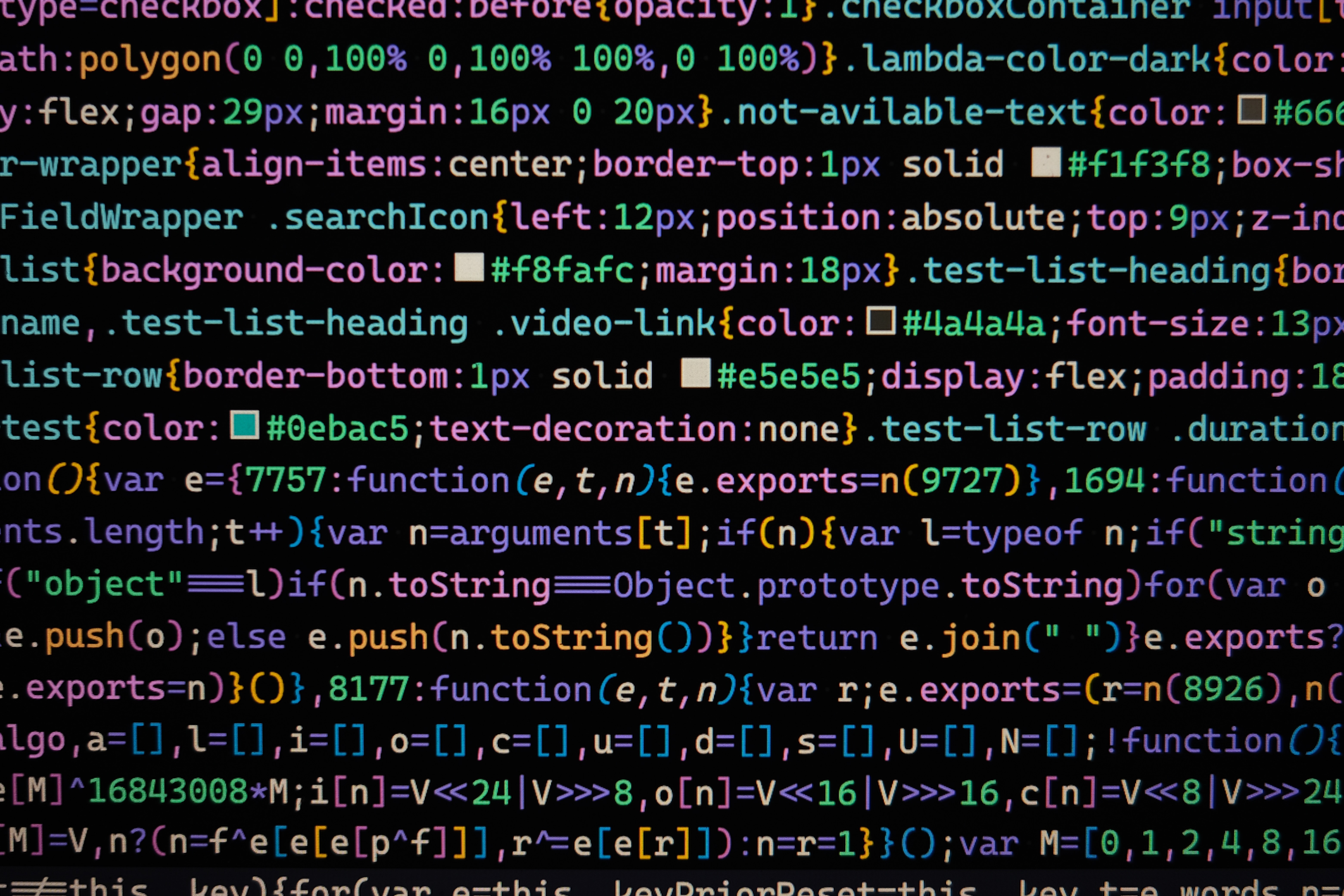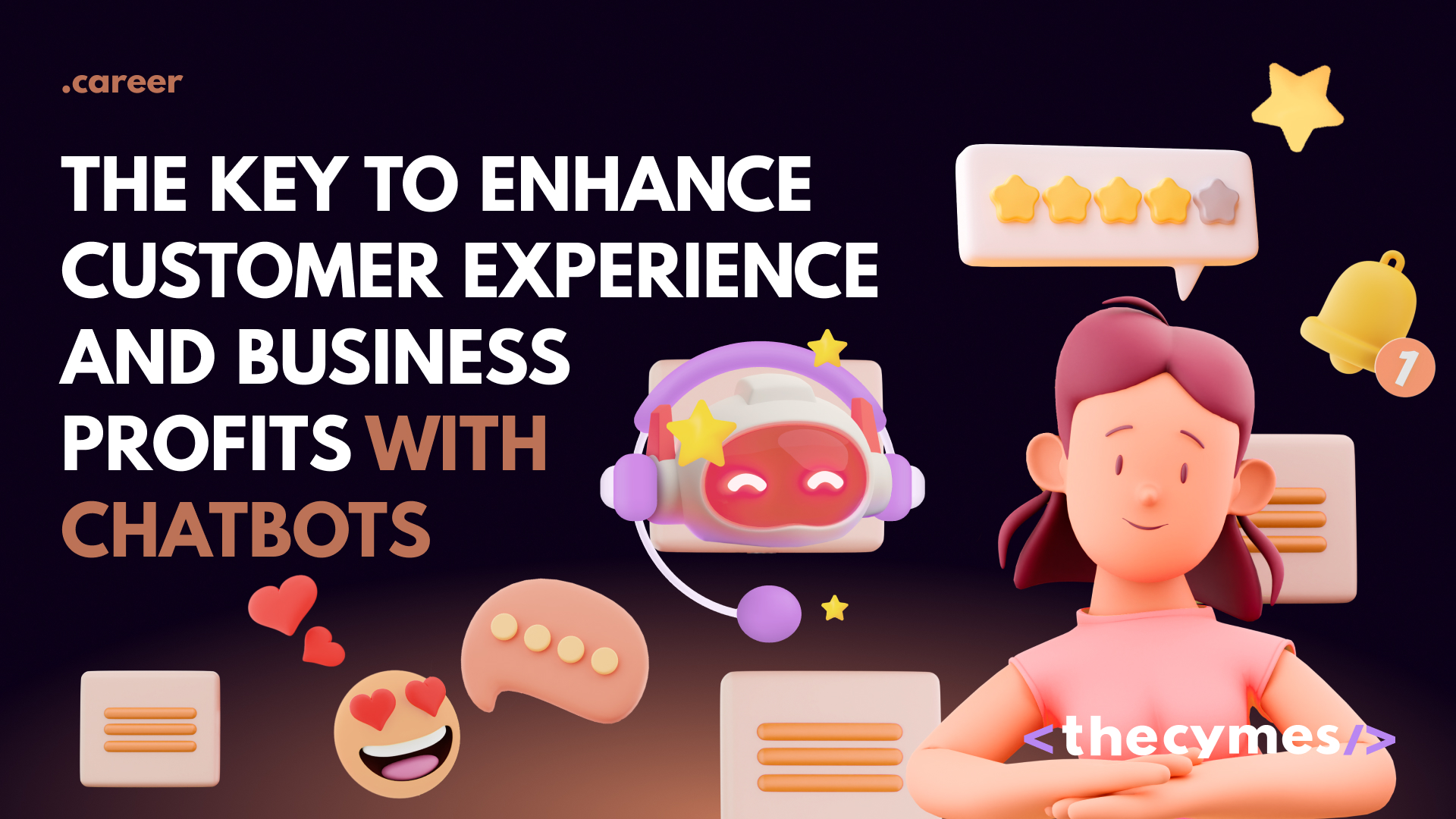.entrepreneurship7 July 15:03
0<
Mastering the Essential Skills for Software Engineering Success
/>Master the key skills for software engineering success. Our comprehensive guide explores core programming concepts, problem-solving techniques, continuous learning strategies, communication, teamwork, and more. Kickstart your successful software engineering career today. be updated on the latest tech newsGet exclusive news updates and overview on tech market




